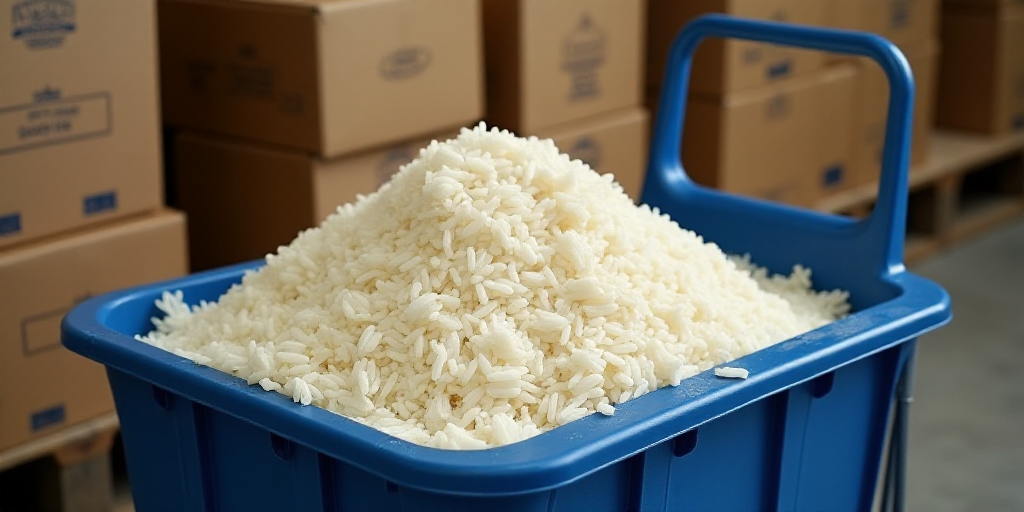Background on Japan’s Inflation Rate
Japan’s reference inflation rate, which excludes the impact of fresh food prices, rose to 3.7% in May, up by two decimal points from April’s interannual reading and the highest increase since January 2023, according to Japan’s Ministry of Internal Affairs and Communications.
Fresh Food Prices Decline, Rice Prices Skyrocket
In May, fresh food prices dropped by 0.1% interannually after rising 3.9% in April and 13.9% in March. However, the price of non-fresh food items increased by 7.7%, seven decimal points more than in April.
Rice Price Surge
Among the notable price increases, rice saw an accelerated rise in May with a 101.7% interannual increase, the largest jump in the historical series, following April’s 98.4%, March’s 92.1%, February’s 80.9%, and January 2025’s 70.9% increase.
Energy Costs and Underlying Inflation
Meanwhile, energy cost increases moderated to 8.1% interannually in May from April’s 9.3%. Consequently, the underlying inflation rate, which excludes fresh food and energy, rebounded to 3.3% in May from 3% the previous month, its highest reading since January 2024.
General Inflation Moderation
Despite the moderation in overall inflation, which dropped by one decimal point to 3.5% in May, various pressures remain, including rising rents, transportation, and leisure activities.
Expert Analysis
Min Joo Kang, senior economist for South Korea and Japan at ING Research, noted that the decline in fresh food prices was the primary reason for the moderation of overall inflation. Kang anticipates that the Japanese government’s rice release will impact prices in upcoming months.
- Question: What factors contributed to the moderation of Japan’s overall inflation rate in May?
- Answer: The decline in fresh food prices, particularly rice, was the main factor contributing to the moderation of Japan’s overall inflation rate in May.
- Question: How did energy costs change in May compared to April?
- Answer: Energy cost increases moderated to 8.1% interannually in May from April’s 9.3%.
- Question: What is the current stance of the Bank of Japan regarding inflation?
- Answer: The Bank of Japan seems to have downplayed the recent price increases, though it remains unclear how long they will maintain this view despite the rise in underlying prices.
- Question: What concerns the Bank of Japan more at present?
- Answer: The Bank of Japan is more concerned about the risk that U.S. trade policies might disrupt the positive cycle between wage growth and inflation.
- Question: When does Kang expect the Bank of Japan to raise interest rates?
- Answer: Kang anticipates a 25-basis-point rate hike in the fourth quarter of 2025, assuming some trade agreement with the United States is reached.






